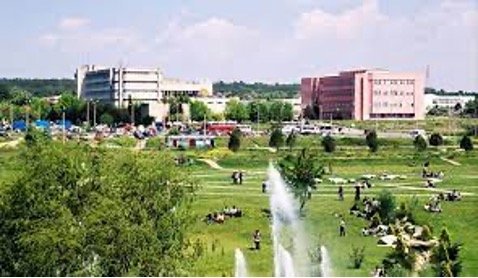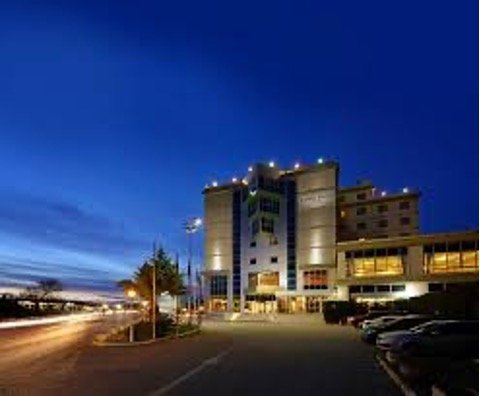Interdisciplinary Research for
Bio-integrated Agro-Aquaculture Systems
We generate and transfer knowledge and technological solutions to enable sustainable water and food management for micro, small, and medium-scale bio-integrated production systems.
About the Project
This initiative addresses the twin challenges of food systems and water scarcity by integrating freshwater aquaculture with hydroponic agriculture. It promotes interdisciplinary research to ensure the availability of quality water and food, generating and transferring knowledge and solutions that foster entrepreneurship and sustainable water management in micro-, medium-, and small-scale bio-integrated agro-aquaculture systems. Through applied research and training, the project enhances nutrient recovery and water reuse to support sustainable production and entrepreneurship in arid and semi-arid regions.
Led by a tri-national consortium, the project brings together institutions from Chile, Norway, and Türkiye: the Universidad Católica del Norte (Chile), the Norwegian University of Life Sciences (Norway), and Bursa Uludağ University (Türkiye), alongside associated partners in Mexico and Chile.
Submission & Funding
Submitted to National Research Foundation (NRF) and Research and Innovation Support and Advancement (RISA).
Funding: ANID (Chile, 2 years, CLP 50M/year), TUBITAK (Türkiye, 2 years, CLP 30M/year), RCN (Norway, 4 years, CLP 100M/year). In-kind contributions from associates.
Funded by Chile
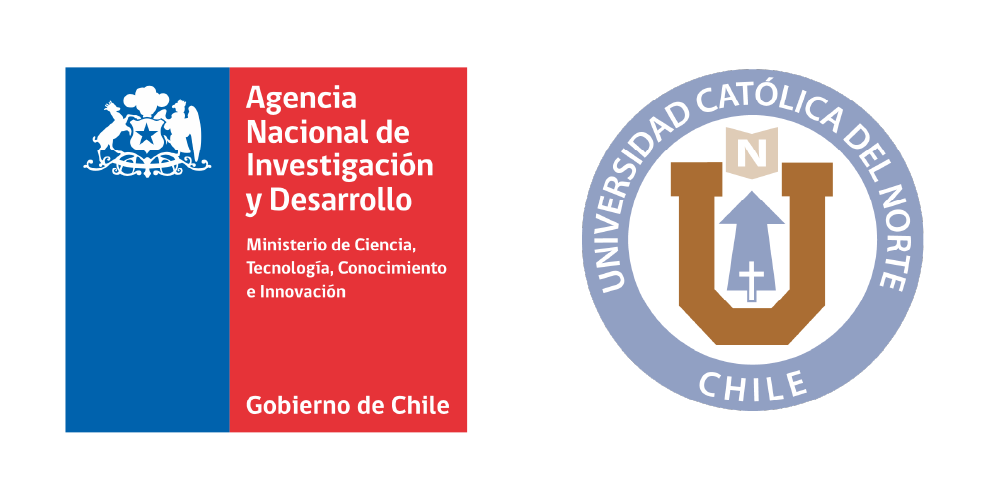
Funded by Turkey
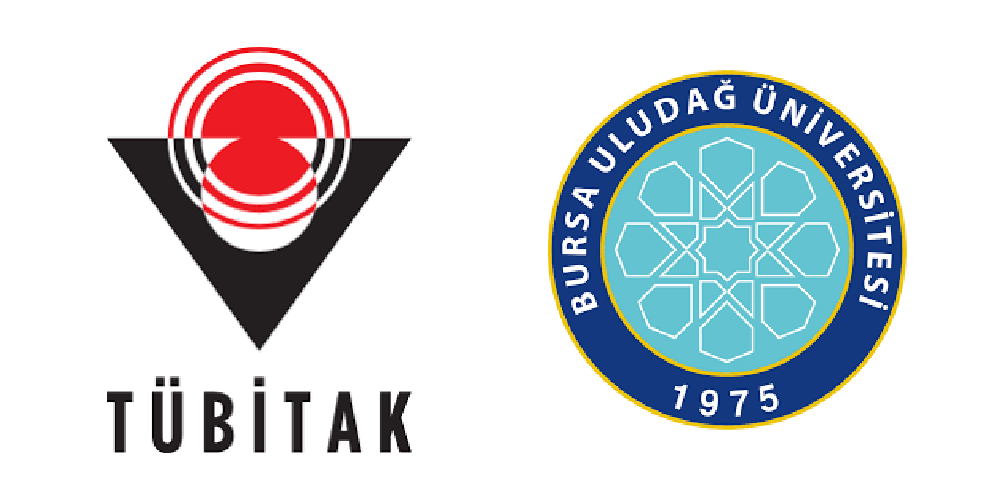
Funded by Norway
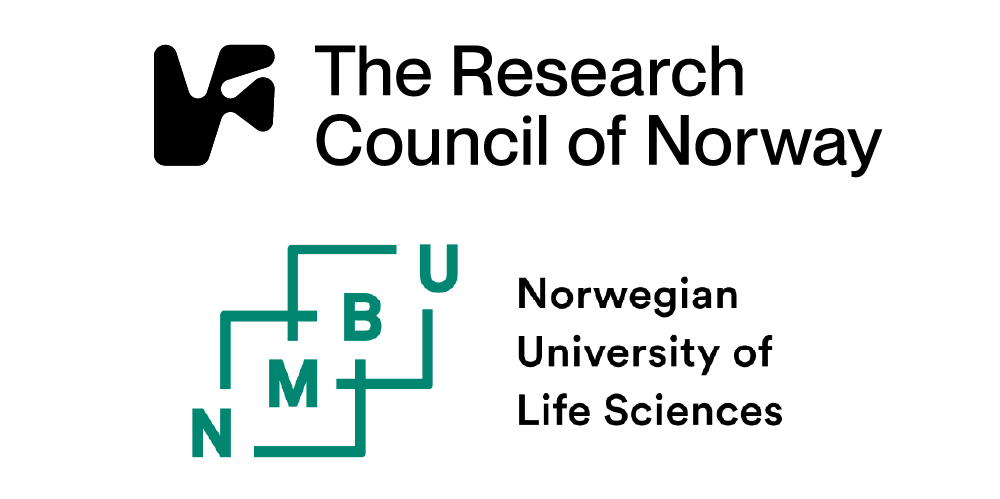
Associates
- Sistemas Acuáticos de México.
- Instituto de Investigaciones Agropecuarias (INIA)
- Four agricultural technical high schools and one aquaculture technical high school.
Consortium & Leadership
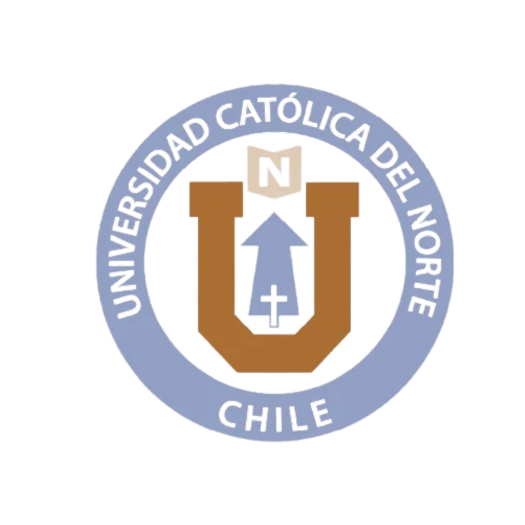

Dr. Germán E. Merino
Universidad Católica del Norte
Chile – Lead
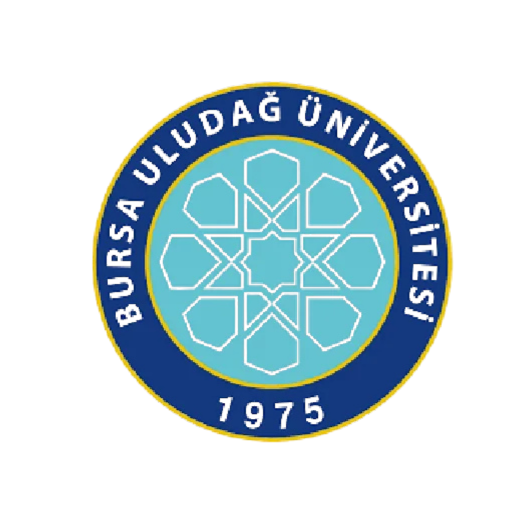

Dr. Nezih Kamil Salihoglu
Bursa Uludağ University
Türkiye – Co-lead
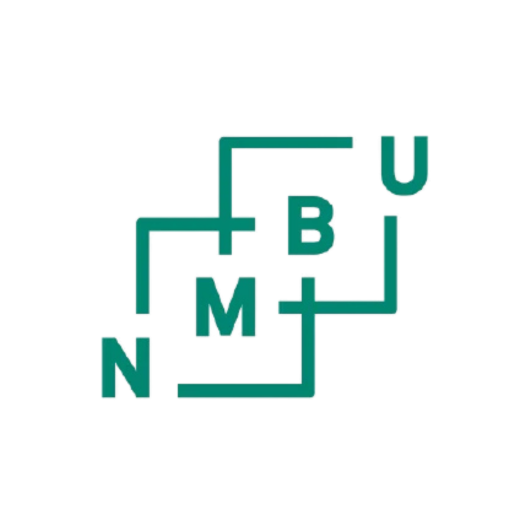

Dr. Margareth Overland
Norwegian University of Life Sciences
Norway – Co-lead
The Challenge
Food systems and nutrition patterns
Agriculture and aquaculture depend heavily on water and nutrients and often create environmental externalities (e.g., fertilizer-driven salinization; aquaculture effluents).
In Chile’s north–central zone, drought and arid conditions intensify these impacts.
The project tests bio-integration: RAS freshwater aquaculture + hydroponics, using dissolved excretions and recovered nutrients (mineralization, biofloc, vermicompost), supported by renewable energy.
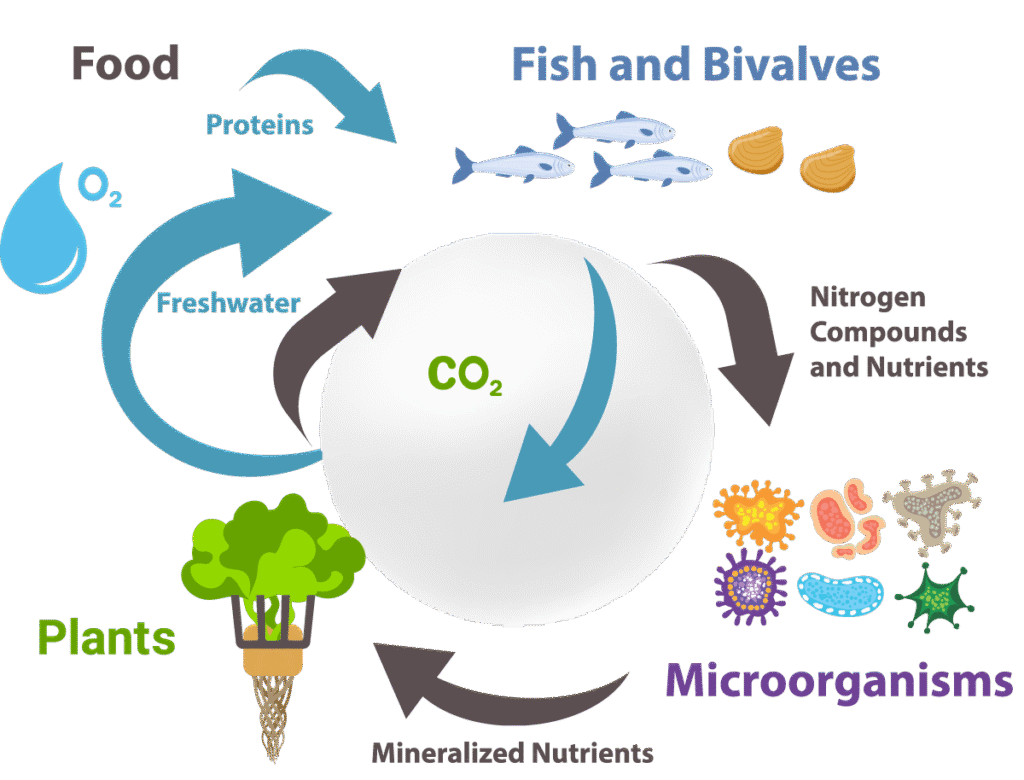
Problem → Response
High water and nutrient demand → water reuse and recirculation (RAS + hydroponics)
Effluents and sludge → nutrient recovery via mineralization, biofloc, vermicompost.
Arid contexts & energy needs → efficient systems with solar/wind options.
Objectives
Transfer knowledge and technological solutions for sustainable agro-aquaculture management.
Offer short courses and workshops on water quality, quantity, and effluent (RIL) management.
Evaluate innovative nutrient-recovery technologies from aquaculture effluents for crop production.
Increase water-use efficiency versus conventional systems in arid zones.
Improve agro-aquaculture production under drought, optimizing water, energy, and substrates.
SDG Alignment
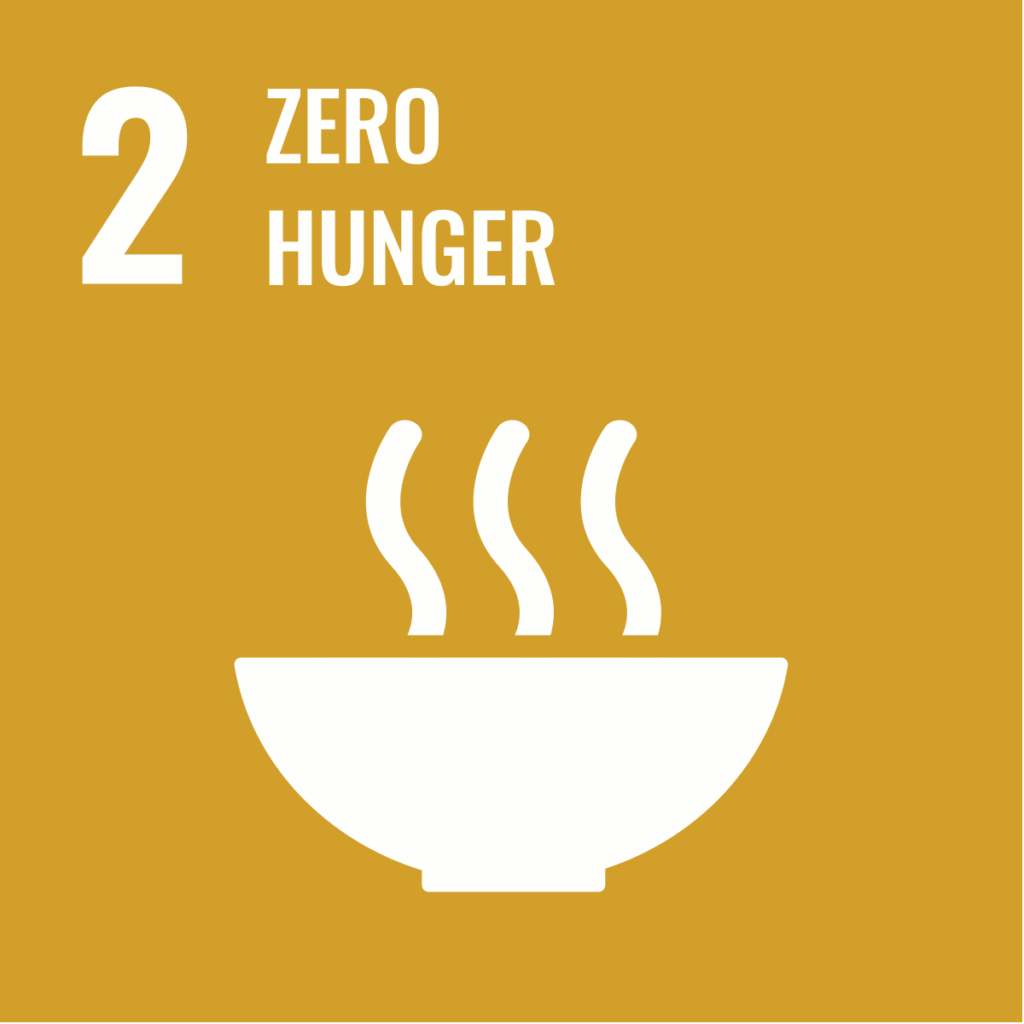
Sustainable practices to enhance food security
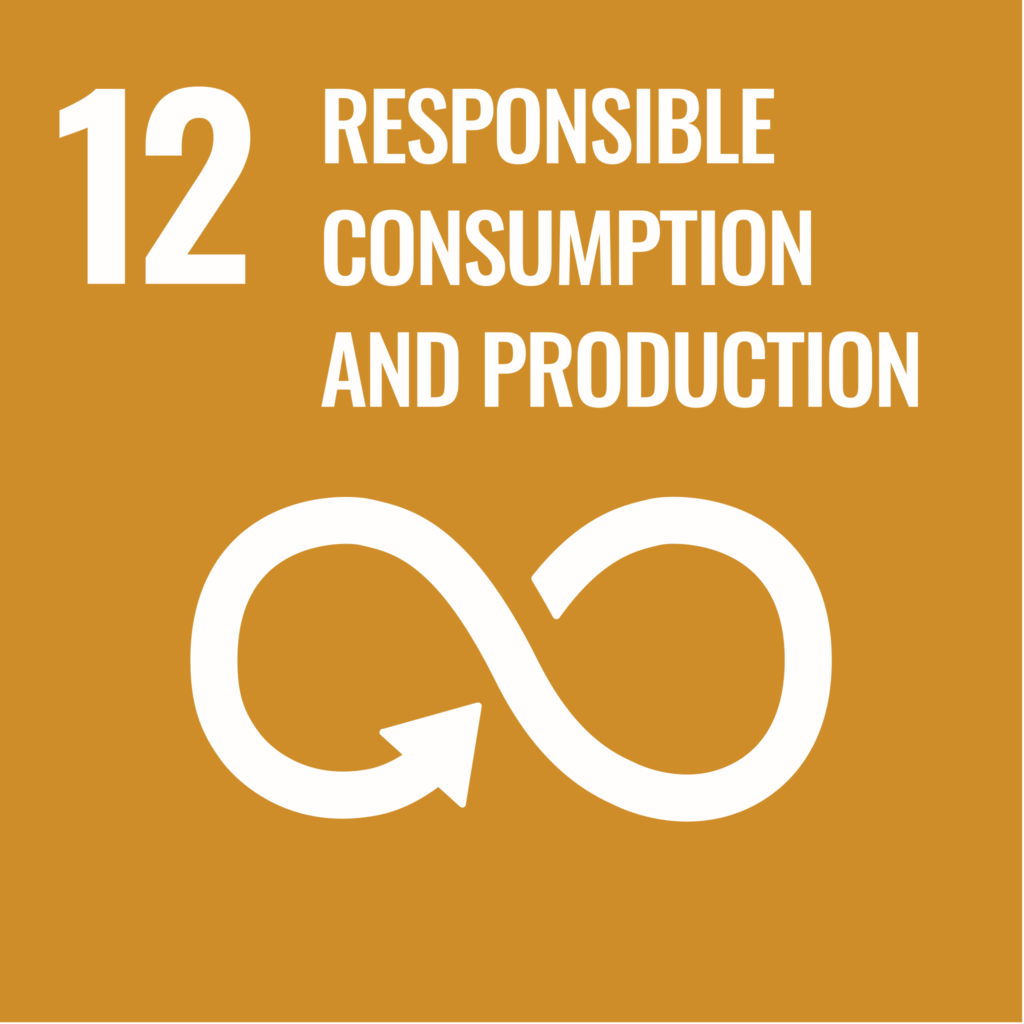
Bio-integrated recycling of nutrients and water
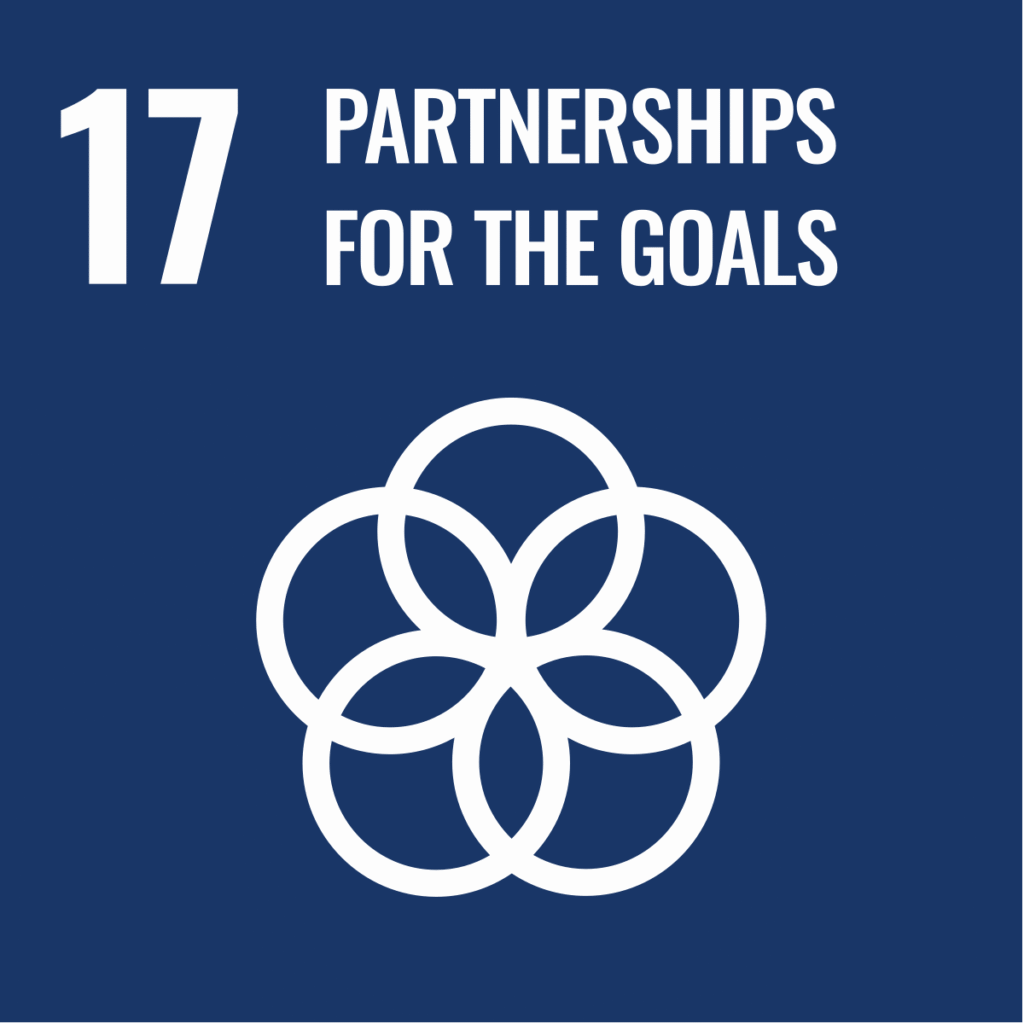
Collaboration among scientists, producers, and stakeholders across countries
Methodology & Work Plan
Universidad Católica del Norte
Experimental process for aquaculture sludge management, including water recovery, solar dehydration, and production of agricultural nutrients

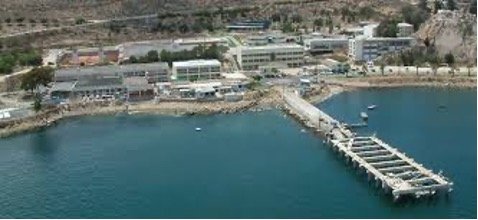
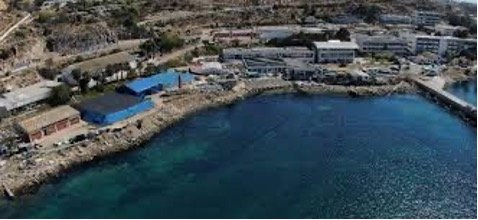
Use of settleable solids as a source of agricultural nutrients
Fish between 10 g and 500 g in four RAS
Distribution of sizes and velocities of solids produced by fish (monthly)
Characterization of solids and feces; dissolved excretions
Design of a solids mineralizer (nitrate, potassium, calcium, magnesium, sulfates, others)
Solar dehydration of sludge
Recirculated water from shrimp and trout cultures as a source of nutrients for hydroponic vegetables
Fish in four RAS
Shrimp in 6 hydroponic tanks
Plants in 6 hydroponic tanks connected to three RAS
Year 1
- Bio-integrated cultivation trials with trout, shrimp, lettuce, and basil
- Preparation of systems at UCN and technical high schools
- Determination of nutrients produced by fish and shrimp
- Determination of horticultural production
- Trip to Türkiye and Norway to visit universities and local aquaculture/agriculture activities
- Preparation of training and validation materials
- Development of a website plus online training modules translated into Spanish
- Outline the content of workshops for postgraduate, undergraduate, teachers, and high-school students
Year 2
- Case studies of bio-integrated systems
- Systems operating at UCN and high schools
- Determination of production of fish, shrimp, lettuce, and basil
- Improvement of training materials based on results
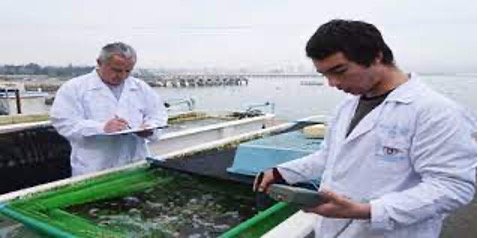
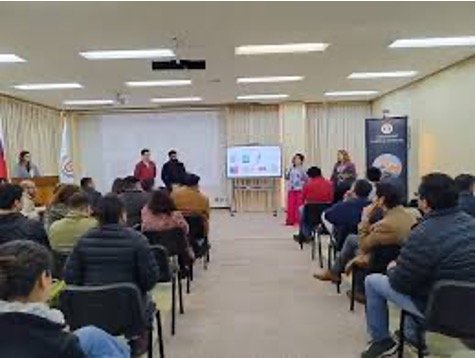
Norwegian University of Life Sciences

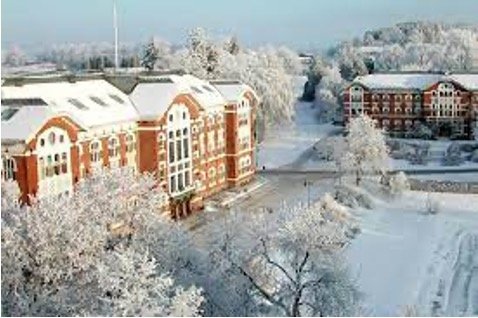
Development and implementation of short courses in sustainable aquaculture over four years
Target audiences: students, researchers, professionals, entrepreneurs, industry stakeholders, and sectoral government authorities
Courses, workshops, online modules, case studies, panel discussions, social media activities, and in-person events
Courses on sustainable feed formulation for aquaculture (on-site and online)
Modules with in-person activities:
Feed formulation
Small-scale experimental designs
Visits to fish farms
Case studies
Year 1
- Course development for four years
- Plan and promote the course
Year 2
First annual in-person workshop – Use of sustainable ingredients to formulate aquaculture feeds
- Sustainable feed ingredients (insect meal, macroalgae, others)
- Low-cost formulation
- Visits to technology centers, etc.
Year 3
Second annual in-person workshop – Small-scale design to evaluate sustainable feed ingredients for fish
Year 4
Third annual in-person workshop – Production of sustainable ingredients for aquaculture and effects of formulation on the final product
- Panel discussions with industry experts
- Visits to macroalgae farms and commercial salmon farms
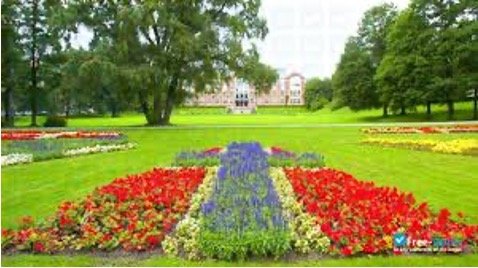
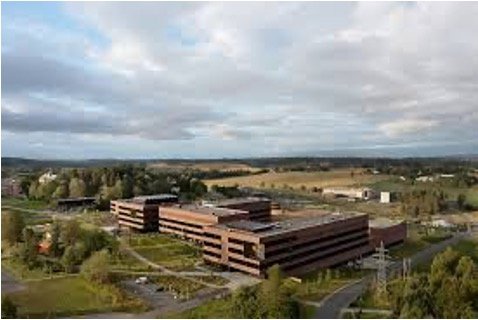
Bursa Uludag University

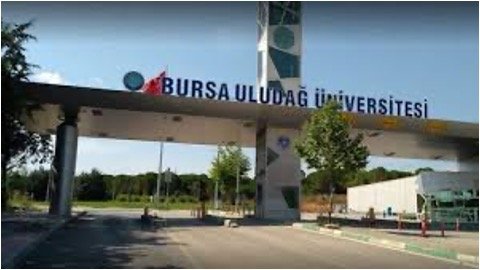
Develop and implement with a circular economy approach and aquaculture sludge recovery
Training materials
Online modules
Sustainability workshops
Year 1
Development of a curriculum and bio-integrated training materials
- Plan a needs assessment
- Experimental development with UCN
- Visits to aquaponic systems in Türkiye
- Preparation of training materials
- Preparation of a website including training materials
- Outline workshop content
Year 2
Workshop development
- Specific groups of people will be invited to the workshops
- Experimental results from UCN will be used as part of the training material
- Topics include circular economy, resource efficiency, organic waste management, energy management, and water recovery and treatment
